
Across four studies, about half of eligible faricimab patients were able to go 4 months between treatments, and approximately three-quarters could be treated every 3 months or longer. Two papers published in The Lancet highlight one-year results.

Across four studies, about half of eligible faricimab patients were able to go 4 months between treatments, and approximately three-quarters could be treated every 3 months or longer. Two papers published in The Lancet highlight one-year results.

Numerous studies have shown that adherence declines with more complex regimens of more than 1 or 2 bottles.
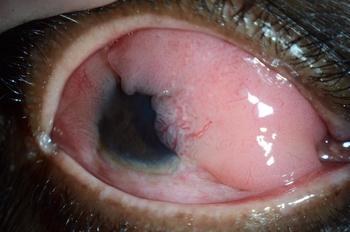
Investigators find the prevalence of ocular surface tumors is greater in the North Central region of the United States.

Canadian researchers have found that rapid antigen tests to detect the SARS-CoV-2 virus are associated with a very low rate of false positive results.
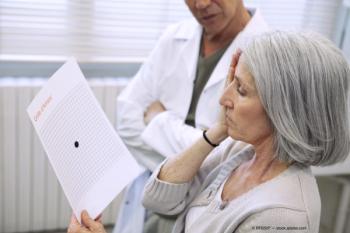
A partnership that includes BALANCED Media|Technology, the Retina Foundation of the Southwest and Southern Methodist University is seeking a patent for machine learning software for OCT images aids in identity progression and treatment options
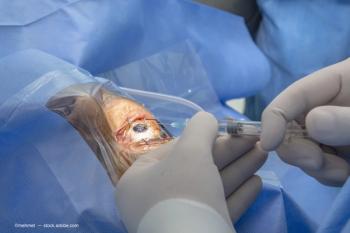
A team of investigators are working on a simple test that may someday identify those who can stop therapy.

As the omicron variant continues to surge across the country, putting staff at many practices on edge, waning immunity may be driving an increase in virus infections.

The difference between retina’s biological age and person’s real age linked to heightened death risk, with a team of Australian investigators finding that evidence suggests the microvasculature in the retina may be a reliable indicator of the overall health of the body’s circulatory system and the brain.

According to the companies, the agreement will open a channel between federal health facilities and CorneaGen's laboratories.

Physicians find that additional treatment is not required for many patients.

Since joining the foundation in 2018, Menzo has been involved in the formation of the Retinal Degeneration Fund, the venture arm of Foundation Fighting Blindness.

A University of California Davis study shows that small serving of the fruit increased protective pigments in the eye.

According to the company, biped.ai includes a comfortable and lightweight collar fitted with 3d cameras that continuously monitor a 170° field of view for the user detecting, tracking and predicting the trajectories of all surrounding elements a few seconds in advance.

According to researchers, gaining a good understanding of what Musashi proteins do and how to manipulate their function could lead to the development of a universal therapy for blinding diseases.

According to investigators, patients implanted with diffractive multifocal IOLs had notable declines in the corrected distance visual acuity, distance corrected near VA, and near area of focus with aging
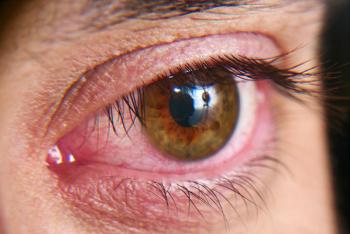
According to the company, A197 is a novel, first-in-class, topical immunomodulatory agent which will move into Phase II clinical trials in dry eye patients.

The pivotal trial of MINIject, STAR-V, now initiated in 13 sites across the US, has received positive feedback from glaucoma surgeons involved in the trial.

Informed guidelines are needed to diagnose and treat COVID-19 patients with neurologic manifestations, according to investigators.

The application of mitomycin C after corneal cross-linking does not prevent development of corneal haze after the procedure, but it does contribute to development of more corneal haze.

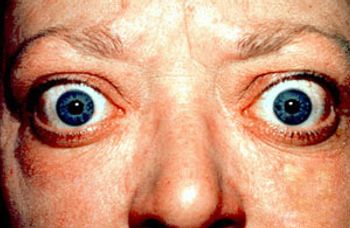
An evaluation conducted by the appropriate specialist is the most important factor in diagnosing and managing this patient population.
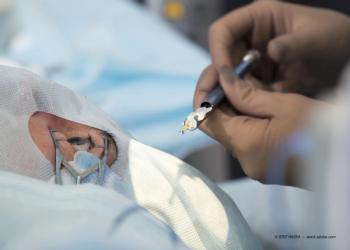
To control pain and inflammation most effectively and responsibly for our cataract surgery patients, we must not only use the appropriate drugs but also ensure they are delivered in the most beneficial manner. We should be mindful of the implications of our pharmaceutical strategies and their impact on our patients.

ASCENT, REGENXBIO’s Phase III clinical trial conducted in partnership with AbbVie, is expected to enroll patients in the United States and Canada, with pivotal trials expected to support BLA submission for RGX-314 in 2024.

Striving to improve outcomes is important because of the negative effect of astigmatism on patients’ vision postoperatively.
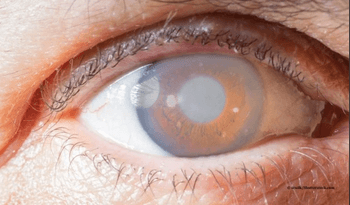
Marking Glaucoma Awareness Month this month, Bausch + Lomb and the Glaucoma Research Foundation have released key findings from a survey of glaucoma patients that was designed to gain a greater understanding of the impact that hyperemia can have in the treatment and lives of people living with glaucoma.

The acquisition brings the Hydrus Microstent into Alcon’s global surgical portfolio. The company will leverage its global footprint and leadership in ophthalmology to drive future growth, bringing the device to more patients worldwide.

According to the company, the iScan80 is a high-speed OCT system ideal for practices seeking an affordable and versatile OCT system.

The gift will target expansion of the clinical space at Shiley Eye Institute, which opened 30 years ago with foundational support from the couple. It is part of a $27 million renovation and improvement project being undertaken by UC San Diego.

Awards will be presented at the 11th Annual Focus on Eye Health National Summit, to be held virtually on July 13-14.

The rate of adverse events was low in this higher risk, difficult-to-manage population of special-needs children, noted Margaret Reynolds, MD.